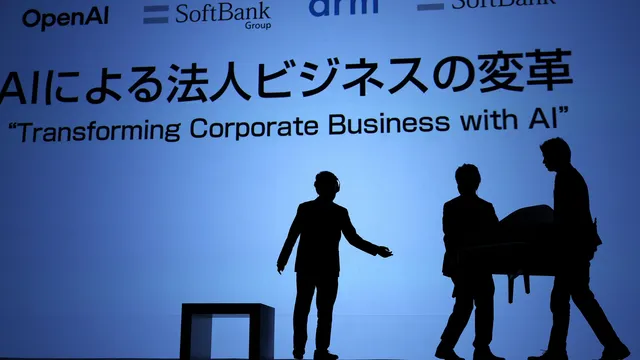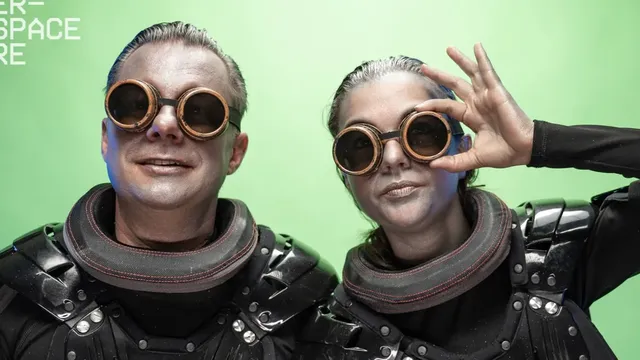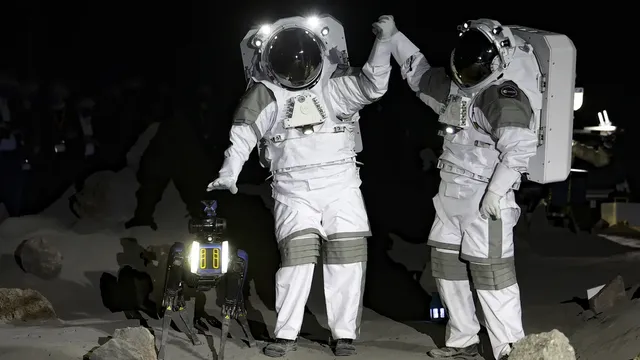The largest capital-raising session for a startup, OpenAI reported raising $40 billion in a new funding round, valuing the company that created ChatGPT at $300 billion, AFP reports.
The San Francisco-based company stated in a post on its website that the funding "enables us to further expand the frontiers of artificial intelligence research" and was provided in collaboration with the Japanese investment behemoth SoftBank Group.
"Their support will help us continue to build AI systems that drive scientific discovery, enable personalized education, enhance human creativity, and pave the way to AGI (artificial general intelligence) that benefits all of humanity," the company said.
AGI refers to a computing platform with human-level intelligence.
In order to "provide increasingly powerful tools for the 500 million people who use ChatGPT every week," the company intends to grow its infrastructure.
The funding announcement coincided with OpenAI's announcement that it was developing a more open model of generative artificial intelligence in response to growing competition from Chinese rivals DeepSeek and Meta in the open source space.
The move will mark a strategic shift by OpenAI, which has been a fierce defender of closed, proprietary models that don't allow developers to change the underlying technology to make AI more adaptable to their goals.
OpenAI and advocates of closed models, including Google, have often declared open models to be riskier and more vulnerable to malicious use by bad actors or governments outside the US.
OpenAI's adoption of closed models has also been the subject of controversy in its battles with former investor Elon Musk, the world's richest man, who has called on OpenAI to respect the spirit of the company's name and "return to the safety-focused open source it once was."
Many big businesses and governments are hesitant to base their AI services or products on models they have no control over, which puts pressure on OpenAI, particularly when data security is a concern.
The main trump card of Meta's "Llama" family of models or DeepSeek's models is to address these concerns by allowing companies to pull their models and have much more control over modifying the technology for their own purposes and retain control of their data.
Meta CEO Mark Zuckerberg said earlier this month that "Llama" had reached one billion downloads, while the release of DeepSeek's cheaper "R1" model in January rocked the artificial intelligence world.
"We've been thinking about this for a long time, but other priorities took priority. Now it seems like it's important for us to do it," OpenAI CEO Sam Altman told X about the decision to build a more open model.
OpenAI is capitalizing on the success of its latest image generation features in ChatGPT, the world's leading artificial intelligence application and chatbot.
Altman posted an announcement that the tool helped add "one million users" in one hour.
This claim came a few days after Altman said that the new imaging features were so popular that due to their heavy use, OpenAI's GPUs, which power the AI, were melting down. | BGNES

 Breaking news
Breaking news
 Europe
Europe
 Bulgaria
Bulgaria







